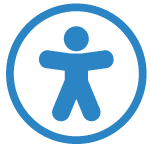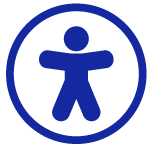What is accessibility?
In general, accessibility enables any web user, regardless of ability or disability, to interact with a website without undue difficulty. According to the Kessler Foundation, among workers ages 16-64, the 5,962,000 workers with disabilities represented 4 percent of the total 148,009,000 workers in the U.S.
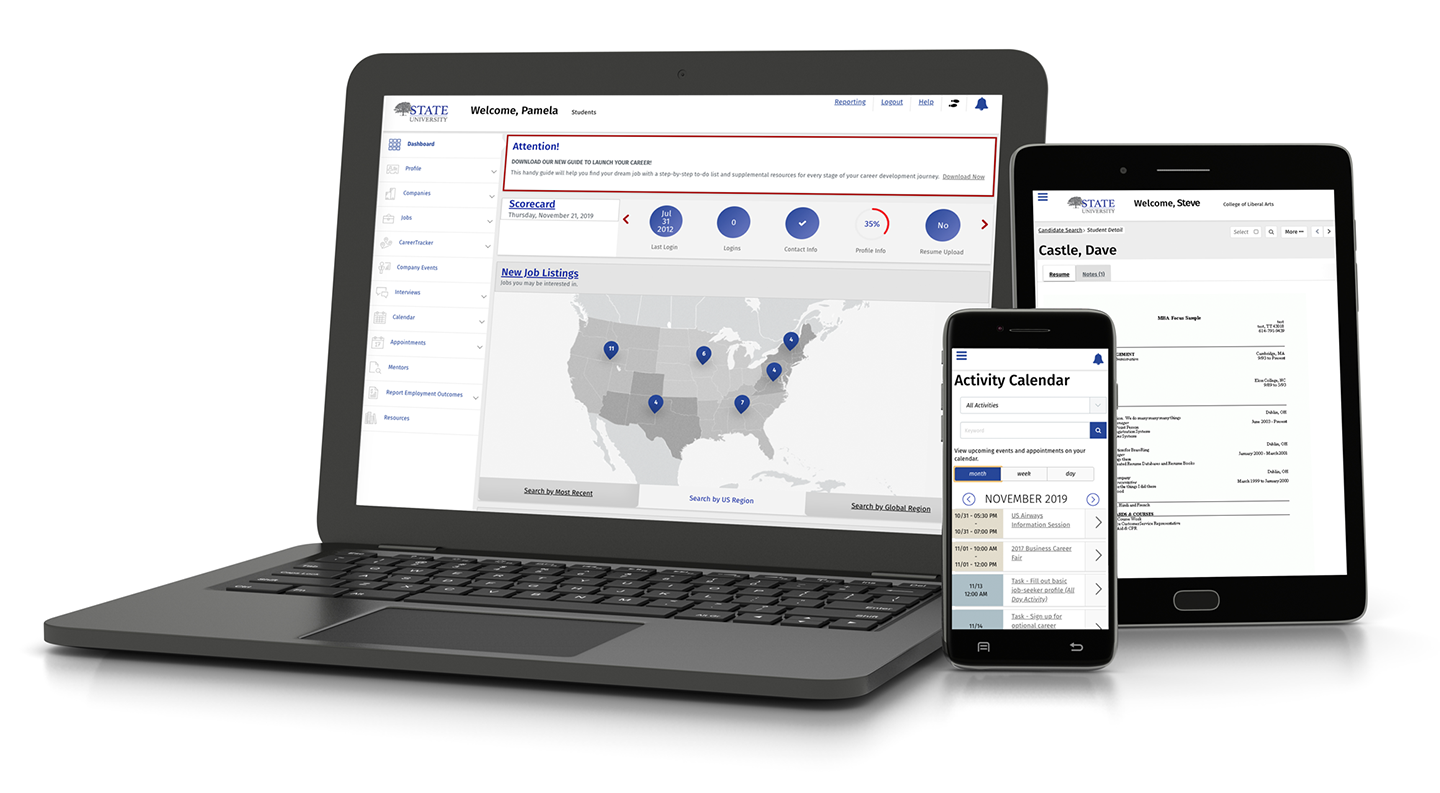
What’s different in the software?
For abled users, the accessibility enhancements in our application are not noticeable. For those using adaptive tools like screen readers, the enhancements will provide a better user experience.
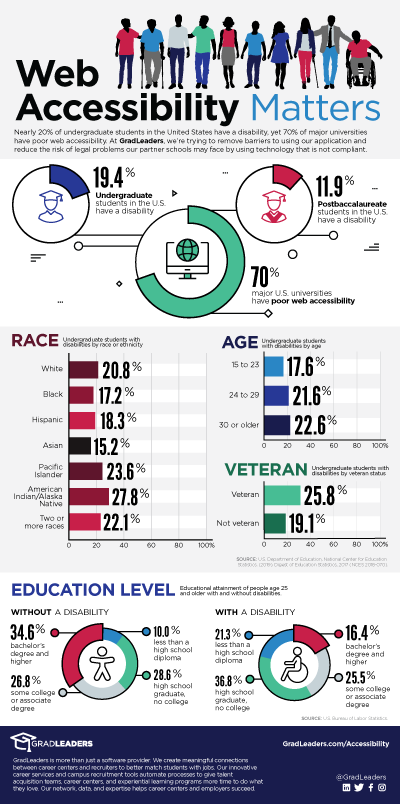
Why accessibility?
Accessibility compliance is the law — and it’s the right thing to do. At GradLeaders, we’re trying to remove barriers to using our application and reduce the risk of legal problems our partner schools may face by using technology that is not compliant.
Web accessibility matters
Accessibility matters to the nearly 20% of undergraduate students and 12% of post-baccalaureate students in the United States who are disabled. View our infographic to better understand the disabled student population.
Familiarize yourself with your university’s office of accessibility to learn about your institution’s standards and commitment to compliance, much like these institutions:
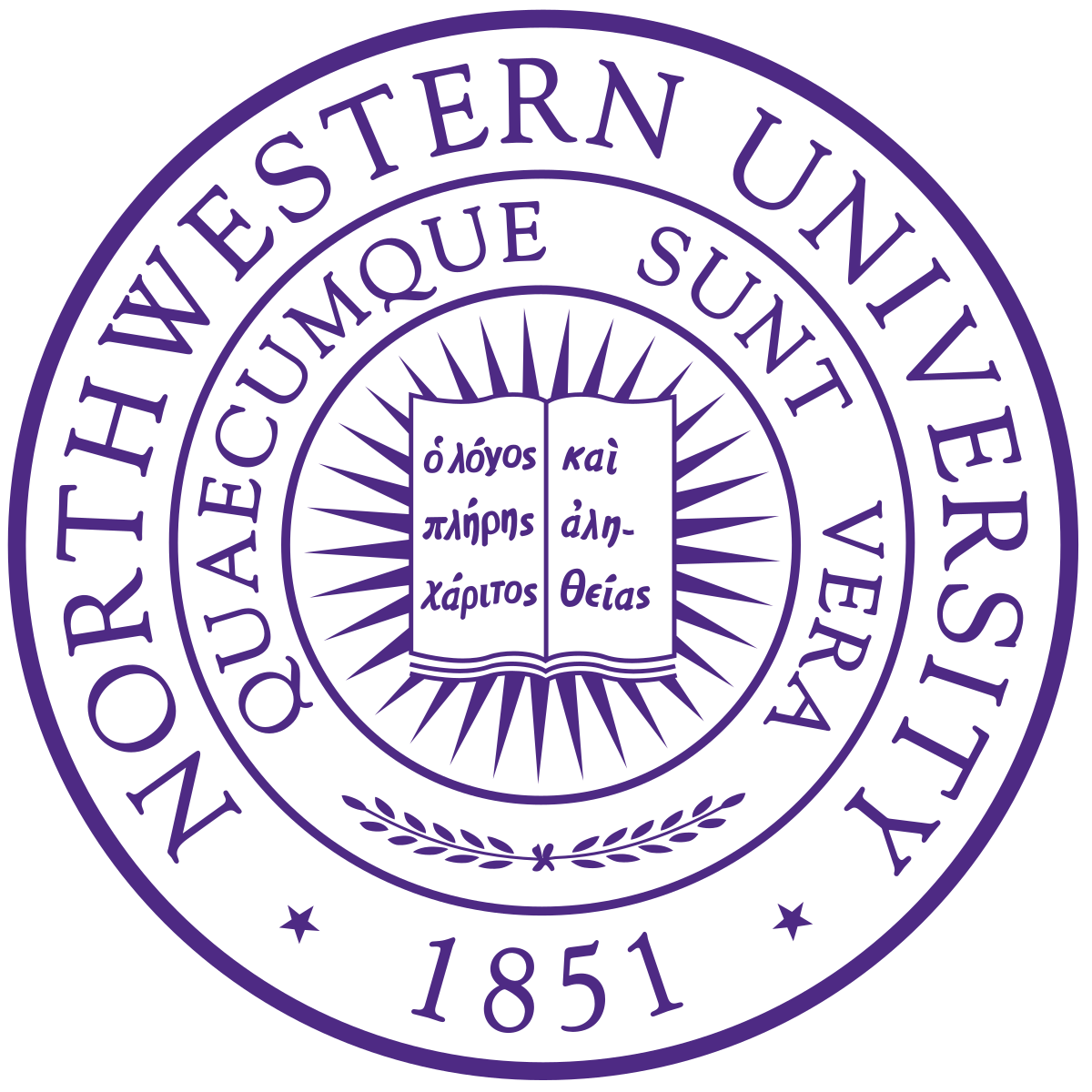

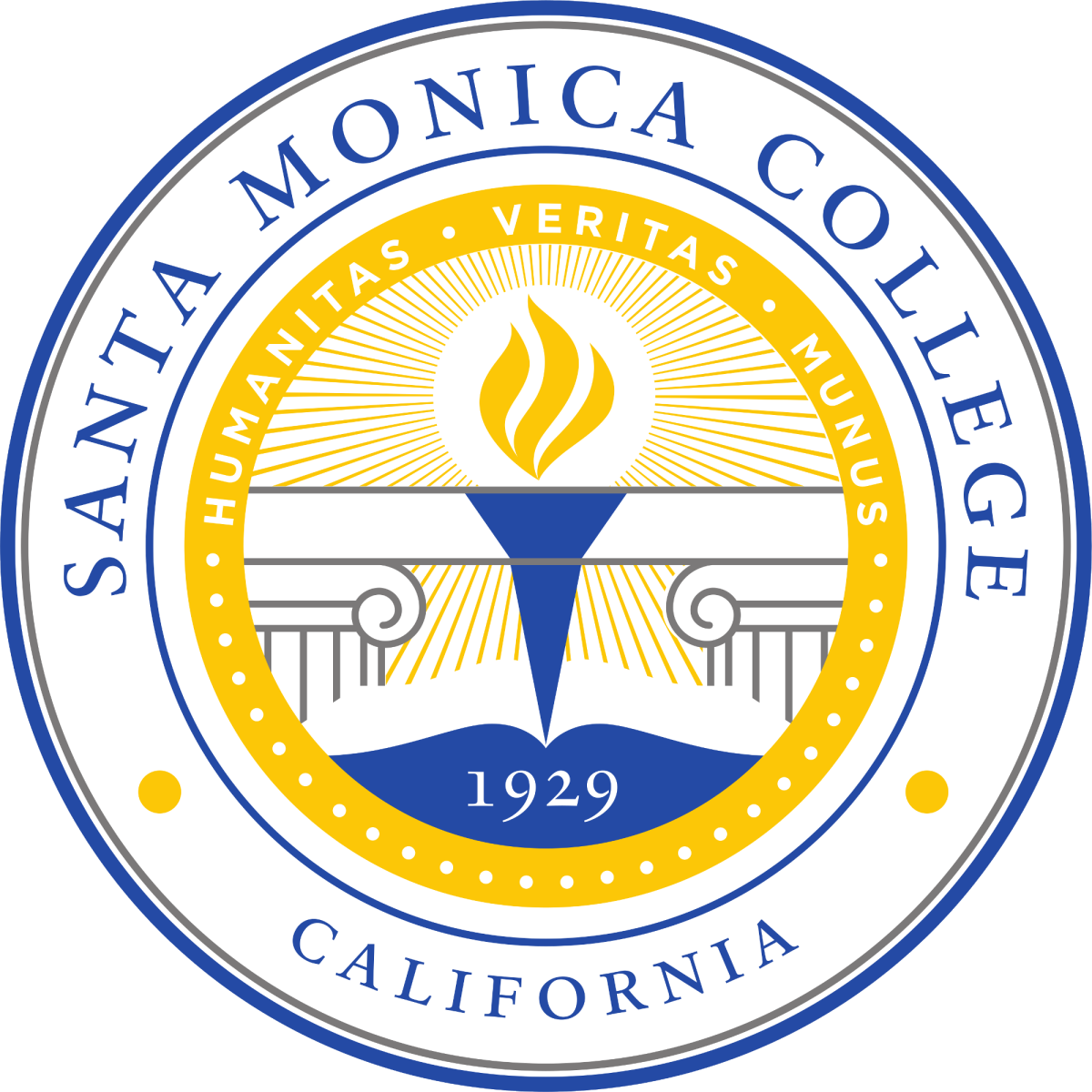

Best practices
The developers at GradLeaders have done most of the heavy lifting to make your application compliant. To maintain compliance, be sure any custom content you’re adding to widgets or HTML content boxes is also compliant. Here are some tips:
- Use white background
- Use black text no smaller than 12 point
- Make sure link text is meaningful (and not just ‘click here’)
- Add alt tags to images and captions to videos
- Use bullet lists rather than long paragraphs
- Use accessible PDFs and Word docs
Additional accessibility resources
Section 508 Compliance
Section 504 of the Rehabilitation Act of 1973, the Americans with Disabilities Act of 1990, and state law require that organizations that receive state or federal funding provide reasonable access to all services. Section 508 is the guideline for making web-based services accessible.
WCAG 2.2 Compliance
The World Wide Web Consortium (W3C) is an international non-profit whose mission is to develop web standards. Any organization can choose to adopt their standards. Being a non-governmental agency, they tend to keep up with emerging development methodologies a little better. Their accessibility-specific guidelines are known as Web Content Accessibility Guideline, or WCAG. GradLeaders is proud to be WCAG 2.2 AA Compliant.
